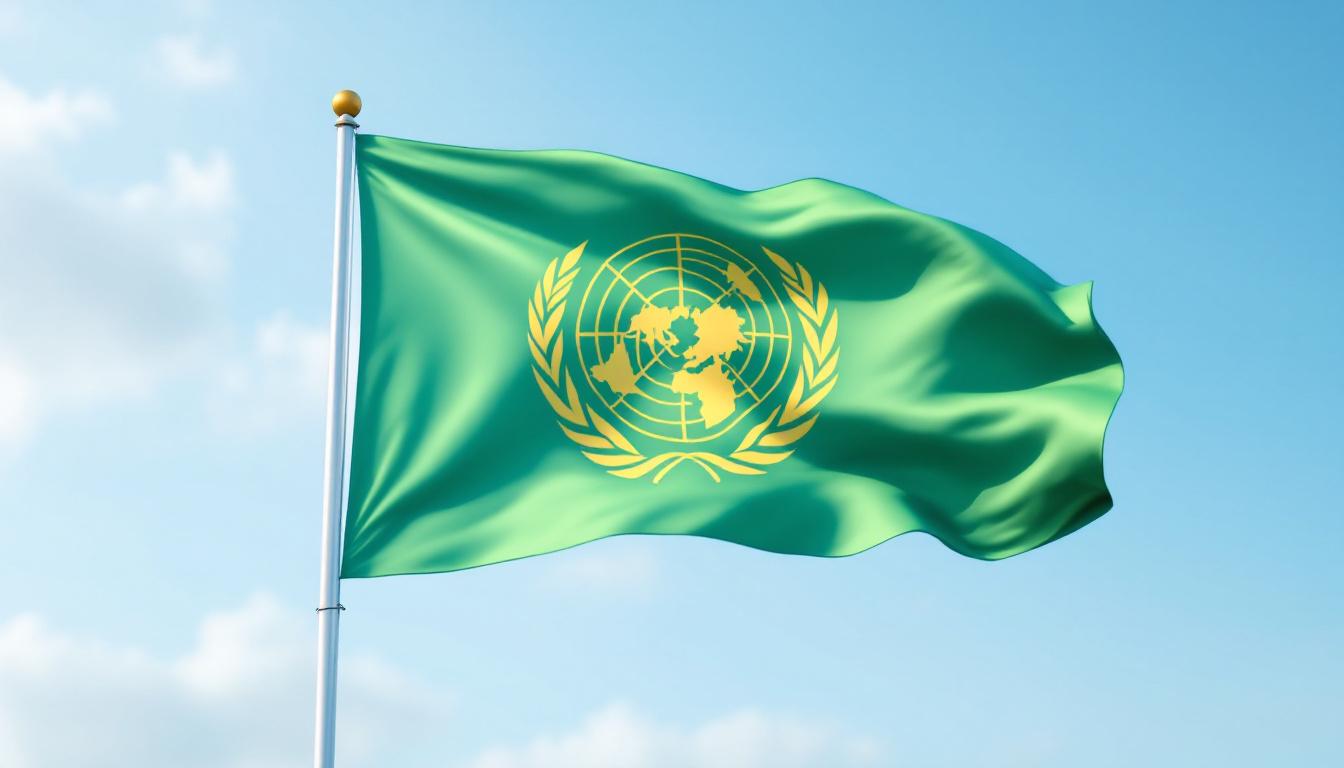The United Nations has launched a landmark initiative to create a global framework for Artificial Intelligence governance, aiming to ensure the technology develops in line with human rights, ethics and sustainable development goals. At a high-level General Assembly meeting on 25 September 2025, attended by all 193 member states, the UN formalised two new international bodies—the Independent International Scientific Panel on AI and the Global Dialogue on AI Governance—marking a decisive step in multilateral AI coordination.
“These mechanisms represent critical steps toward building a global AI ecosystem that advances technology in harmony with human rights,” said UN Secretary-General António Guterres.
The move follows growing global consensus on AI’s dual nature—as a force for innovation and a source of profound risk. In a Security Council debate chaired by Republic of Korea President Lee Jae Myung, leaders highlighted AI’s potential to accelerate global development, support peacekeeping and enhance healthcare and education. But concerns also surfaced over AI-driven disinformation, surveillance, social inequality and cyber threats.
One urgent issue is the use of AI in weapons systems. Guterres called for a legally binding ban on lethal autonomous weapons operating without human control by 2026, aligning with the UN’s broader peace and security mandate.
However, the debate exposed divisions. While some countries back the Security Council as the lead forum for AI oversight, others—including Russia and several African nations—advocate for broader discussions within the General Assembly and specialised forums, warning against a narrow security lens and the risk of excluding developing nations from shaping the rules.
The newly adopted General Assembly Resolution A/RES/79/325 builds on the 2024 Global Digital Compact and aims to avoid a fragmented global regulatory patchwork. It endorses the two new AI bodies and outlines a vision for equitable, human-centred AI governance rooted in international law.
This growing UN focus is already shaping market dynamics. Technology giants like Microsoft, Google and Amazon are embedding ethical AI principles into their platforms, anticipating future compliance requirements. Governance-by-design is becoming a competitive differentiator as regulatory scrutiny increases.
Startups relying on opaque models may face headwinds adapting to transparency demands, potentially accelerating industry consolidation. The AI hardware sector, led by Nvidia and AMD, continues to boom—but export controls and geopolitical tensions are pushing firms to diversify and localise.
Cybersecurity and governance solution providers such as IBM, CrowdStrike and Darktrace are expanding into AI model security, while consulting firms like Deloitte and McKinsey are offering integrated services that combine compliance, ethics and strategy—helping businesses align with fast-evolving global norms.
At a broader level, the UN is pushing for inclusive capacity-building to close the AI capability gap and ensure developing nations can shape and benefit from AI governance. While current frameworks are non-binding, they are expected to influence national laws and foster harmonisation, much like GDPR reshaped global data privacy standards.
The Independent International Scientific Panel on AI will offer evidence-based guidance, anchoring policymaking in scientific consensus. This reflects the UN’s historical reliance on multilateralism and expert oversight, echoing governance models developed for nuclear energy and biotechnology.
Looking ahead, the UN envisions embedding AI governance within its institutional architecture—potentially through a dedicated AI office—while reinforcing the role of the UN Charter and human rights law. The aim is to create a flexible, global system that supports innovation without compromising peace, equity or accountability.
For governments, this means aligning national strategies with global principles, investing in digital infrastructure and ensuring human control over sensitive applications. For businesses, it signals a shift towards transparency, explainability and ethical deployment as conditions for trust and market access.
The stakes are high. Effective UN coordination could steer AI towards equitable outcomes—or, without it, the world risks regulatory fragmentation and unchecked technological risks. The current moment offers a rare opportunity for global leadership. As the UN’s efforts gather pace, all stakeholders are called to act—ensuring AI serves not just progress, but humanity.
Created by Amplify: AI-augmented, human-curated content.


